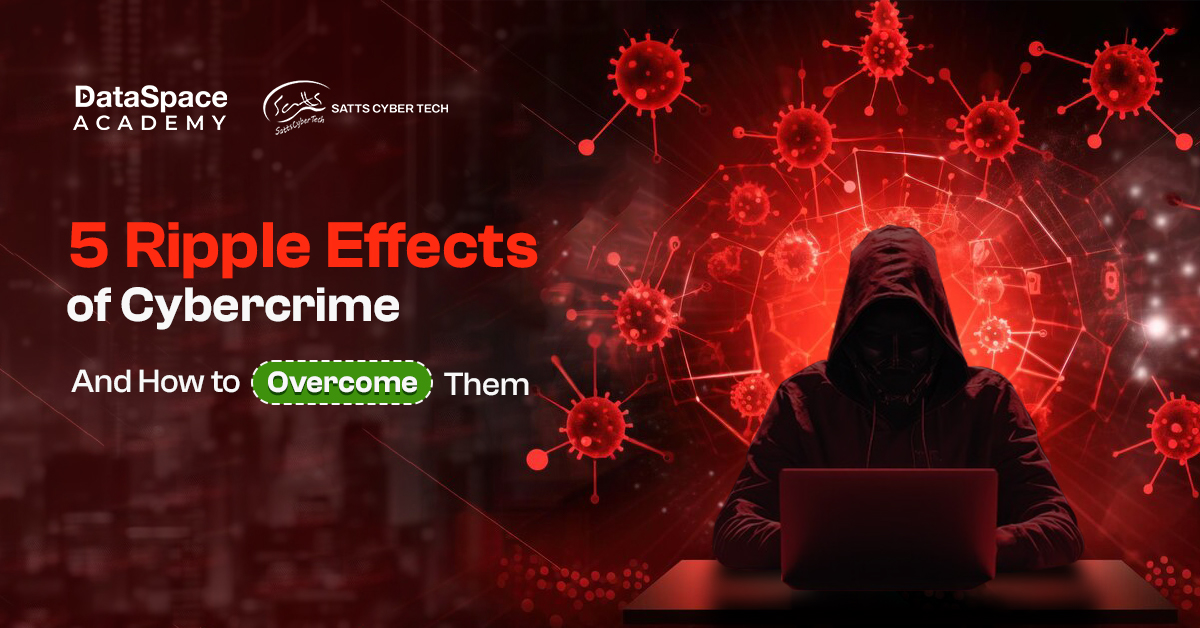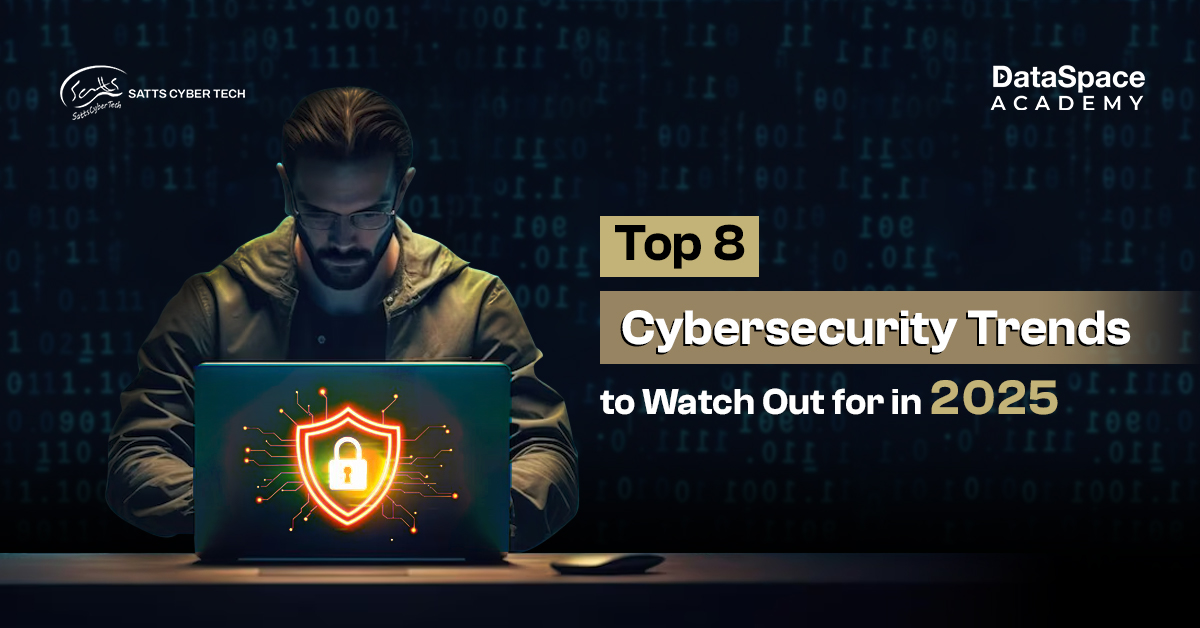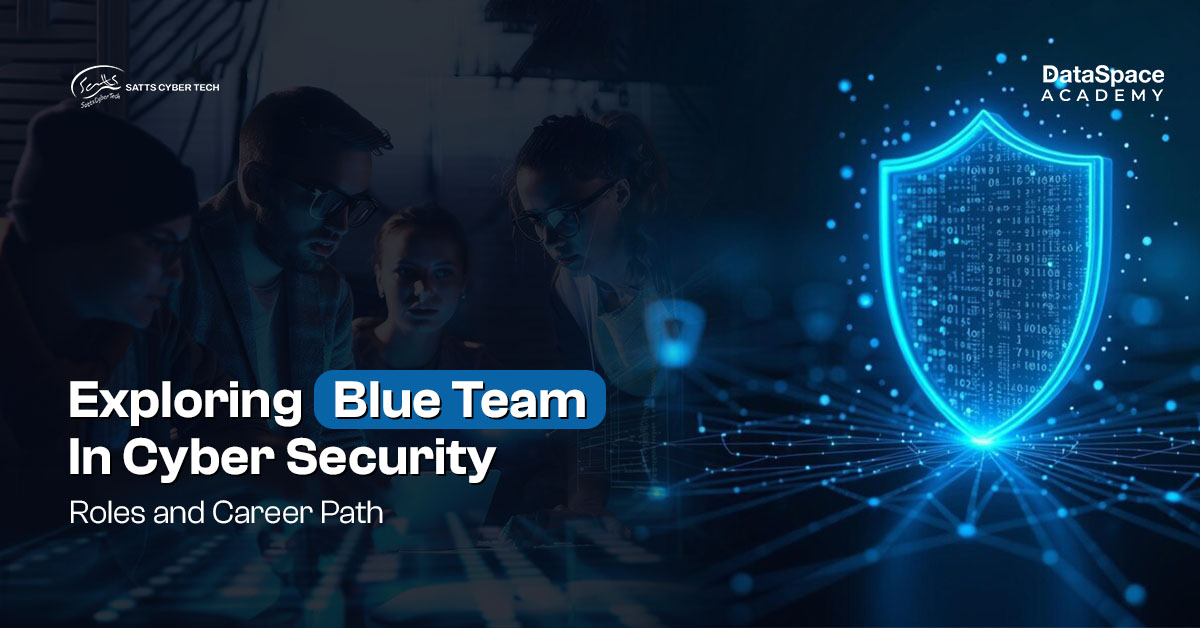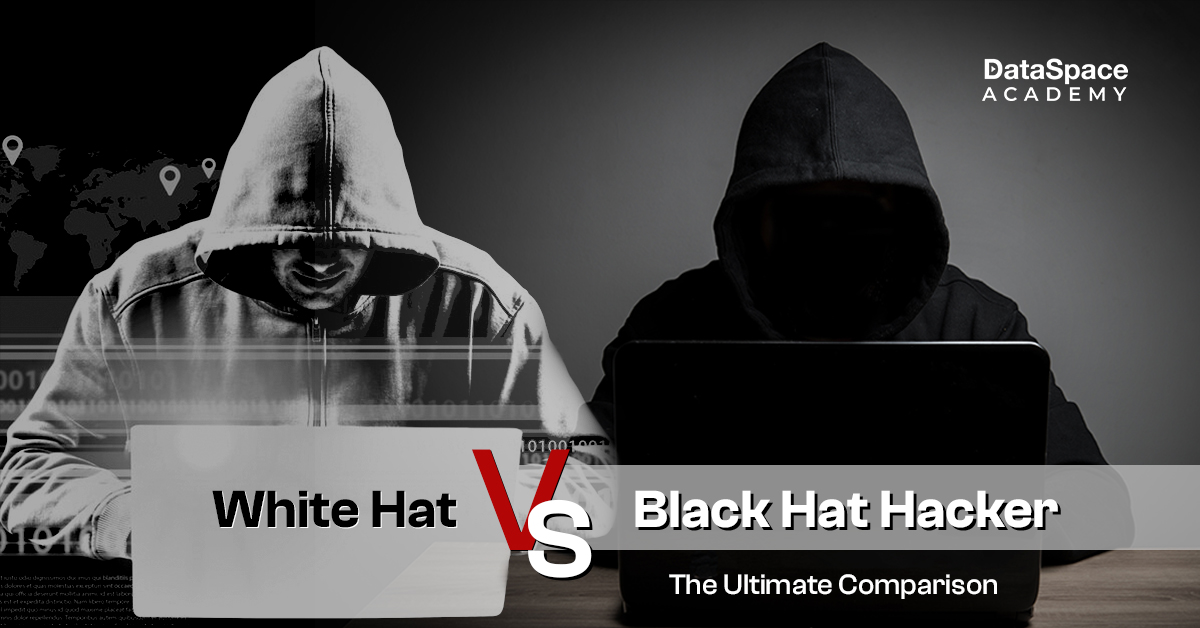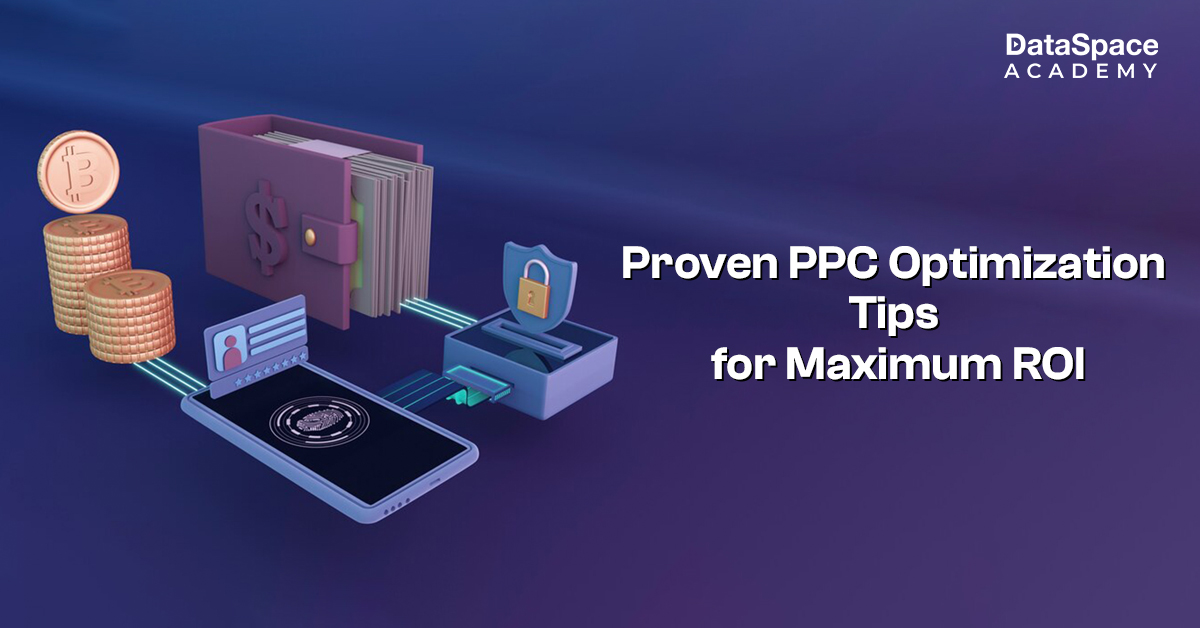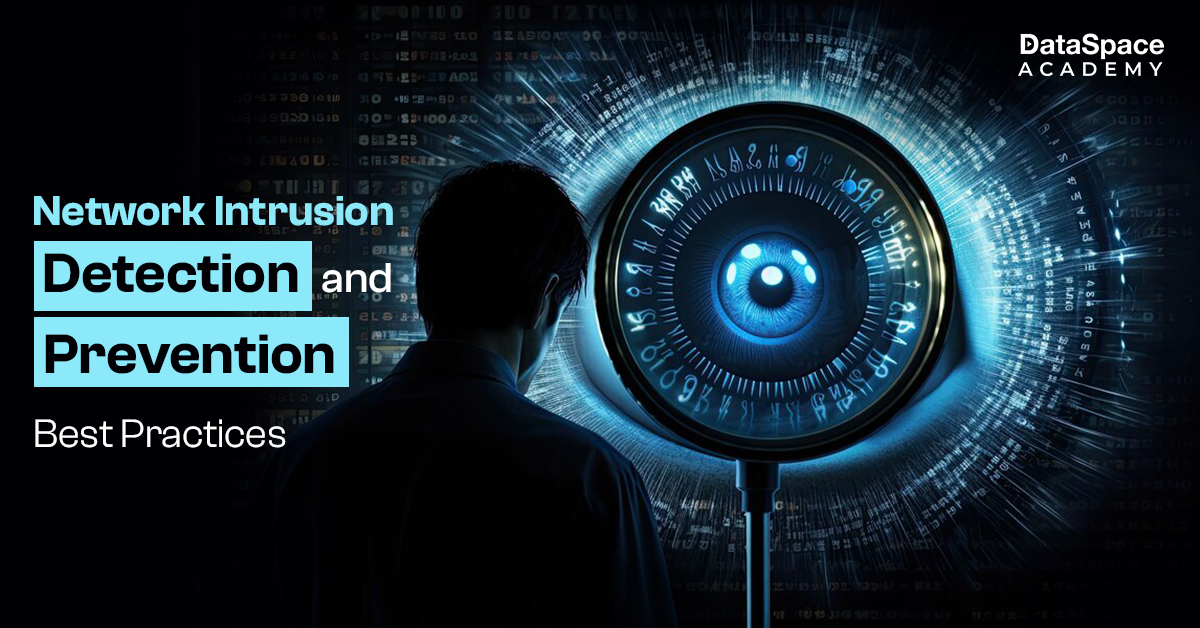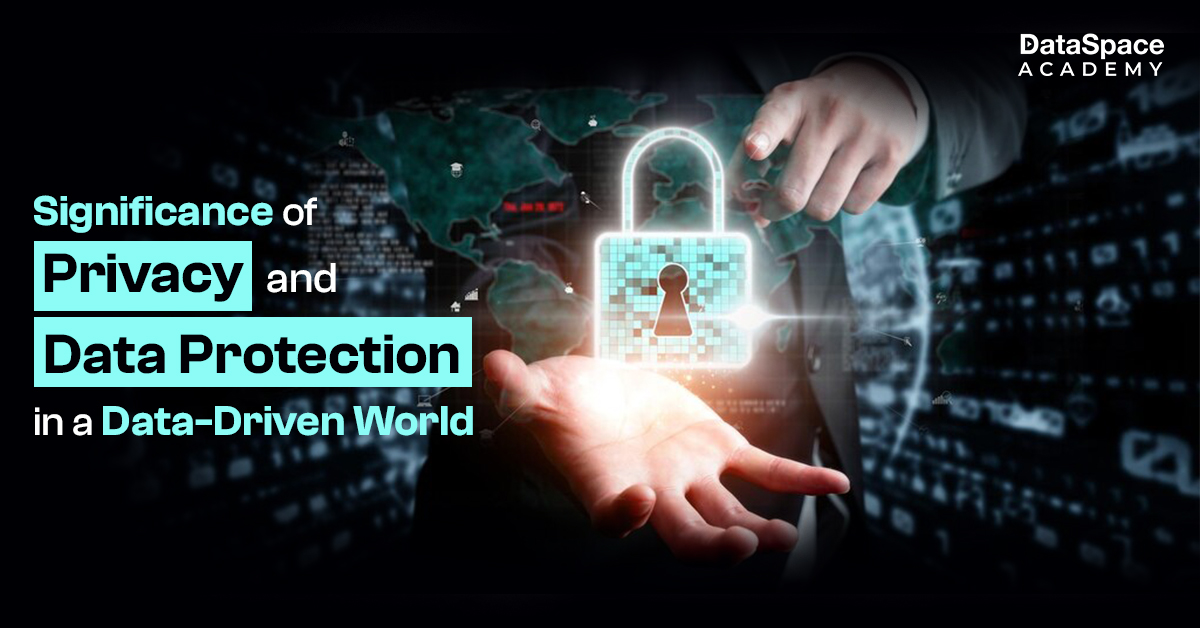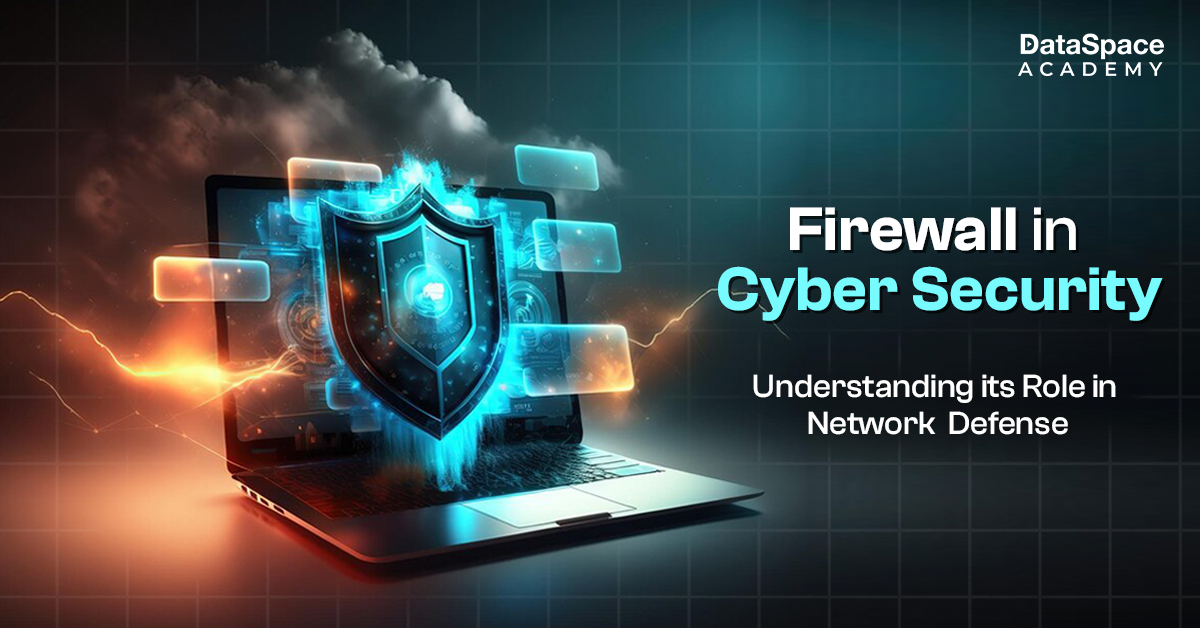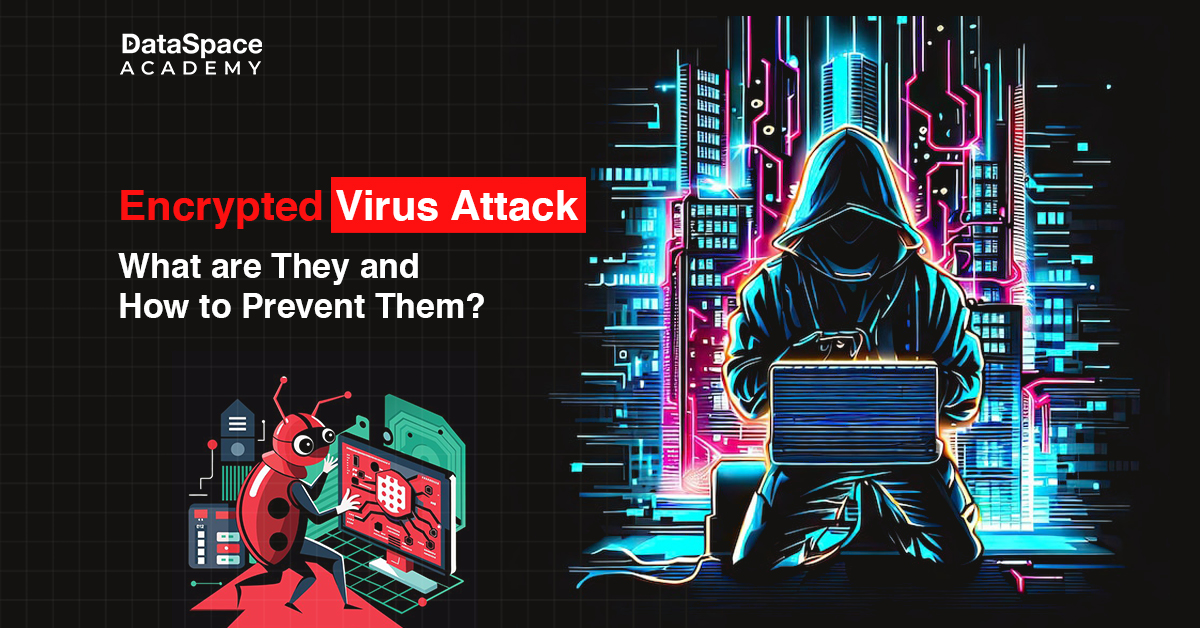Career Transition: Building a Career from Information Security to Cyber Security
Last Updated : 29 May, 2023
 1.02L
1.02L

Cybercrime is up to 600% high post-COVID-19 pandemic (source: interpol.int)
By March of 2023, 41.9 million records were compromised by cyberattacks across the globe(source: IT Governance). With businesses shifting their operations online, the demand for skilled cybersecurity professionals is rising exponentially. Multiple industries are willing to pay up to Rs 42 lakhs for top talents (source: economictimes.indiatimes.com).
However, this industry is going through a massive demand-supply gap. According to the same report, there are more than 18,000 active cybersecurity-related job openings in India alone.
With the skyrocketing demand for cyber security professionals and major job openings reaching unprecedented numbers, individuals from various fields are making a transition into this domain. One such field that offers a natural pathway to cyber security is information security.
Who Are Information Security Professionals?
Information security professionals are responsible for protecting an organisation’s information assets from unauthorised access, use, disclosure, disruption, modification, or destruction. They do this by implementing security controls, such as firewalls, intrusion detection systems, and access control lists.
Information security professionals usually come with a background in information technology, computer science, or a related field. They may also have experience in risk management, auditing, or compliance.
Why Cybersecurity As A Career?
Cyber security is a highly dynamic domain, budding with opportunities. Amidst ongoing layoffs in the tech sector, cyber security professionals are among the few profiles that have not been served the pink slip.
Here are a few more reasons why cybersecurity is a great career option:
- High demand: The demand for cybersecurity professionals has skyrocketed in the past few years. Currently, global demand for cyber security professionals lies around 3.5 million (source: cybersecurityventures.com).
- Job security: There are close to 25,000 unfilled positions in cyber security roles. The lesser supply of skilled professionals ensures that the existing cybersecurity jobs come with security with better scope for career development.
- High salaries: Cybersecurity professionals are in high demand and are often paid well. A skilled professional with cybersecurity certifications can earn up to INR 20 LPA.
- Variety of roles: There are many different roles within the cybersecurity domain, including Cybersecurity analyst, Pentester, Security architect, cyber forensics analyst, and more. This means that there are many opportunities to find a role that fits your skills and interests.
Information security vs. Cybersecurity
There is ongoing confusion about information security and cybersecurity since both domains share certain similar responsibilities in their daily job roles. But both professions have their fair share of differences as well.
Information security involves developing and maintaining an organisation’s systems and policies to protect the integrity, confidentiality, and availability of information in all forms including physical, digital, or intellectual. On the contrary, cyber security majorly focuses on protecting the data located in cyberspace.
In the early days, when organisations used to store their data physically in their office filing cabinets, information security professionals were responsible for securing the data from unauthorised access through the help of dedicated access controls.
But with time, organisations shifted their operations from on-prem environments to the cloud. Now, it is increasingly common for businesses to store their data and sensitive information on cloud platforms, laptops, or data centres. This is where a cybersecurity professional comes to help. Cybersecurity experts are responsible for preventing and safeguarding the company against online attacks like ransomware, malware, trojans and so on.
Why Do Information Security Professionals Need To Understand Cybersecurity?
Both cyber security and information security involve protecting data from internal and external threats. By understanding cybersecurity, information security professionals can provide dedicated frameworks for protecting their organisation’s data and systems from online threats.
Here are a few important reasons why information security professionals need to attain know-how in cybersecurity:
-
To identify and assess risks
An understanding of cyber security helps Information security professionals to identify and assess various risks that an organisation faces.
-
To develop and implement security controls
Once identified and assessed, information security professionals should be able to develop dedicated security controls to manage ongoing cybersecurity risks.
-
To respond to incidents
In times of security breaches, information security professionals need to be able to respond quickly and effectively. A training program in cybersecurity helps them to develop the skills and knowledge on how to contain the incident, investigate the incident, as well as recover from the incident.
-
To educate employees about cybersecurity
Infosec professionals could train existing employees on common online scams like identifying and avoiding phishing emails creating strong passwords, and protecting personal information from hackers.
How Long Does it Take to Get Into Cybersecurity?
Anyone can be a part of the cyber security domain, regardless of their experience or educational background. This holds for Information Security professionals as well. However, it would be helpful if the prospective candidate holds basic experience in computers and software. Also, working knowledge in networking and network security knowledge is a bonus.
Here is a roadmap for foraying into the field of cybersecurity
-
Start with the basics
Someone with experience in infosec should start by understanding the basics of cybersecurity and focus on learning the fundamentals. There are several beginner-friendly online/offline resources available in the market today, which are immensely helpful for starting the training journey.
-
Get Familiar With Tools
The professionals belonging to this domain use certain tools for protecting data and other digital assets. These include Wireshark, KaliLinux, KeyPass, and so on. Learning these tools could be immensely helpful in the future when you are looking to build a career in this domain.
-
Getting certified
Security certifications prove your expertise in the domain and help you in grabbing the attention of recruiters or hiring managers. Some popular certifications such as Certified Ethical Hacker (C|EH v12), Certification In Ethical Hacking, Cyber Security Essential Program, or CompTIA Security+ are widely accepted across the industry.
-
Advanced specialisation
After covering the basics of cyber security, you can move towards getting a specialisation cert. When it comes to cybersecurity, you can follow specialisation in Cyber Forensics, Penetration Testing, and OSCP Training.
-
Hands-on experience
Apart from completing certifications, you need hands-on experience in real-world scenarios. It helps you in finding your knowledge gaps and strengthen your strong points. For hands-on experience, you can participate in internships or work on security-related projects. Also, participate in bug bounty programs or hackathons, or contribute to open-source security tools to showcase your merit. Dataspace Academy offers free practice labs for learners who are starting with cybersecurity.
Once you are done with your certs, it is time to work on your resume and hunt for a job. You can start with entry-level roles for the first two years before moving on to higher roles. Professionals switching to cybersecurity need to network within communities and participate in meetups to build connections within the field and stay up-to-date with the latest industry trends.
Since the demand for cybersecurity professionals is at an all-time high, professionals from different fields – information security, IT auditing, network administration, etc. – are transitioning into this domain. If you are interested in making a transition from an information security (infosec) role into cyber security, the leading cybersecurity training institute Dataspace Academy can help you make the transition.
We offer industry-relevant cybersecurity analyst courses with hands-on training, internship opportunities, and placement assistance that can help you build a career in the field of cybersecurity.
- Is there a difference between cybersecurity and information security?
Yes. Cybersecurity is a form of information security. While cybersecurity deals with web-related security from hackers, information security covers taking care of the security of data information. - Is cybersecurity a subset of information security?
Yes. Information security involves the protection of data across all mediums and cybersecurity is chiefly focused on the protection of data stored in cyberspace. - What are the most important skills for a career in Cybersecurity?
Important skills for building a cybersecurity career include Risk Assessment, Digital Forensics, and Penetration Testing. - How can I transition from Information Security to Cybersecurity?
For transitioning to cyber security from infosec, you can start with the cybersecurity essentials program and then shift to cyber forensics or pentesting courses. - What are the most common job roles in Cybersecurity?
The most common job roles in the field of cybersecurity include Cybersecurity analyst, Penetration Tester, and Cybersecurity Engineer.
 1.02L
1.02L



